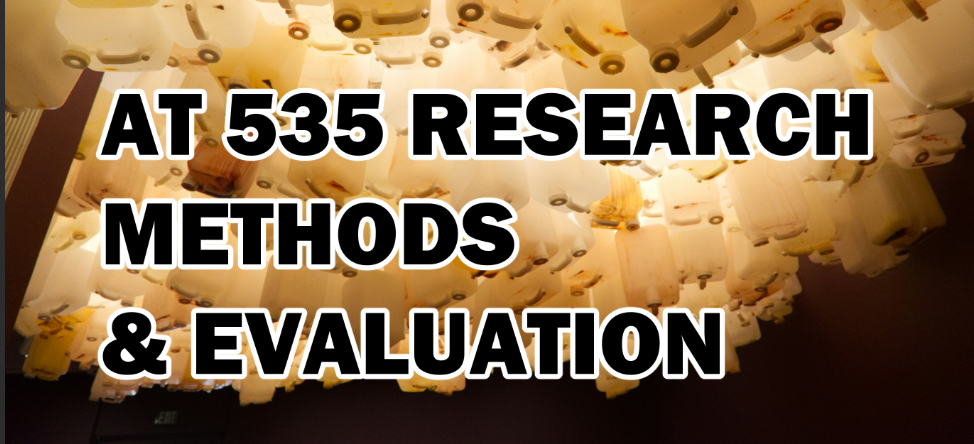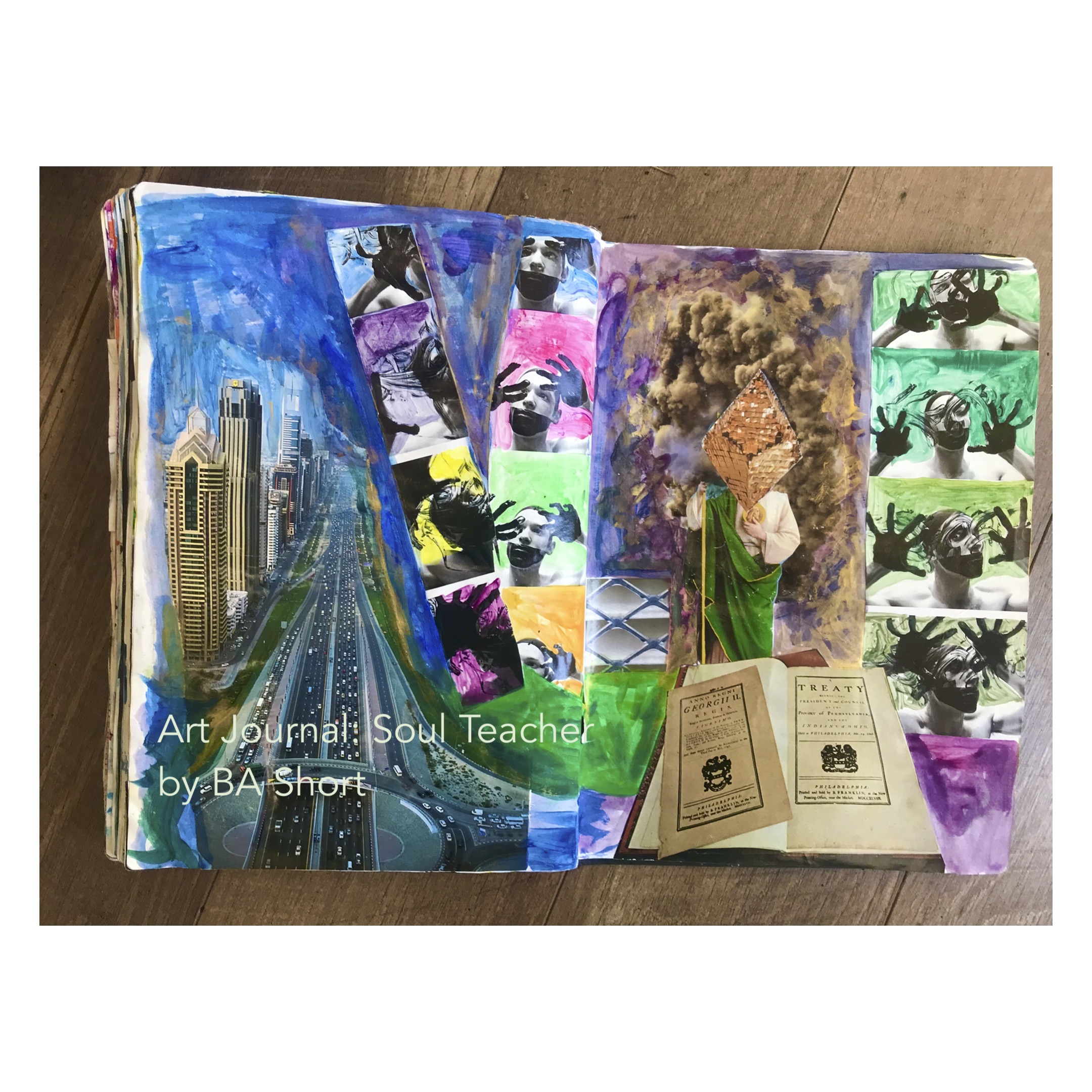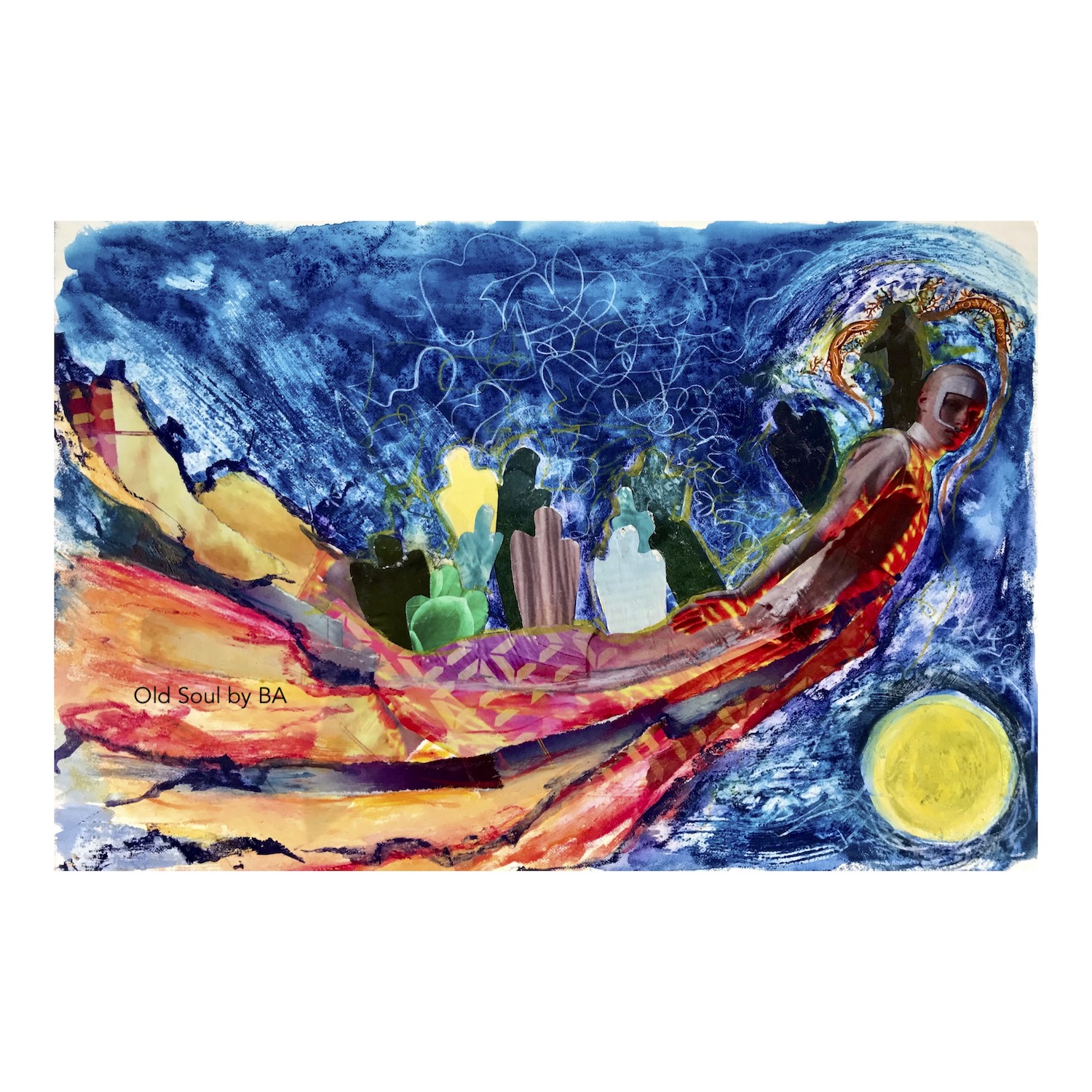- Teacher: Missy Satterberg
Lewis & Clark Moodle
Search results: 2574
content components of graphic imagery in relation
to clients' domains of functioning and how it
contributes to a deeper understanding of the
clients' clinical needs when formulating a
clinical assessment and treatment plan.
- Teacher: Emily Trum
- Teacher: Emily Trum
- Teacher: Kristine Bella
- Teacher: Kristine Bella
- Teacher: Kristine Bella
Examination and analysis of the expressive and
content components of graphic imagery in relation
to clients' domains of functioning and how it
contributes to a deeper understanding of the
clients' clinical needs when formulating a
clinical assessment and treatment plan.
- Teacher: Kristine Bella
- Teacher: Kristine Bella
- Teacher: Kristine Bella
- Teacher: Emily Trum
- Teacher: Gaelan Harmon-Walker
- Teacher: Gaelan Harmon-Walker

- Teacher: Gaelan Harmon-Walker

- Teacher: Gaelan Harmon-Walker
- Teacher: Gaelan Harmon-Walker
- Teacher: Erin Partridge
- Teacher: Erin Partridge
Professional Orientation and Ethics provides a
survey of current issues related to ethical
practice and legal responsibilities within the
disciplines of art therapy and related fields.
Professional organizations and associations;
preparation standards and credentialing, history
and trends, ethical and legal standards and
supervision are addressed.
- Teacher: Beth Ann Short
Professional Orientation and Ethics provides a
survey of current issues related to ethical
practice and legal responsibilities within the
disciplines of art therapy and related fields.
Professional organizations and associations;
preparation standards and credentialing, history
and trends, ethical and legal standards and
supervision are addressed.
- Teacher: Beth Ann Short
survey of current issues related to ethical
practice and legal responsibilities within the
disciplines of art therapy and related fields.
Professional organizations and associations;
preparation standards and credentialing, history
and trends, ethical and legal standards and
supervision are addressed.
- Teacher: Mary Andrus
- Teacher: Beth Ann Short
- Teacher: Stephanie Solano
survey of current issues related to ethical
practice and legal responsibilities within the
disciplines of art therapy and related fields.
Professional organizations and associations;
preparation standards and credentialing, history
and trends, ethical and legal standards and
supervision are addressed.
- Teacher: Juleen Norling
- Teacher: Beth Ann Short
- Teacher: Stephanie Solano
- Teacher: Mary Andrus
- Teacher: Counseling Psychology
art therapy treatment with adults and families
through both traditional psychology and liberation
psychology perspectives. Approaches and treatment
methods are introduced in relation to the
developmental stages of adult life, cultural
contexts, systems and settings.
- Teacher: Katie Dunn
- Teacher: Rainer Rivenburgh
- Teacher: Missy Satterberg
- Teacher: Katie Dunn
- Teacher: Justin Rock
- Teacher: Barbara Shepperson
- Teacher: Justin Rock
- Teacher: Missy Satterberg
- Teacher: Barbara Shepperson
art therapy treatment with adults and families
through both traditional psychology and liberation
psychology perspectives. Approaches and treatment
methods are introduced in relation to the
developmental stages of adult life, cultural
contexts, systems and settings.
- Teacher: Katie Dunn
- Teacher: Rainer Rivenburgh
- Teacher: Missy Satterberg
- Teacher: Katie Dunn
- Teacher: Jillynn Garcia
- Teacher: Mary Andrus
- Teacher: Mary Andrus
- Teacher: Marie Mellberg
- Teacher: Marie Mellberg

- Teacher: Marie Mellberg

- Teacher: Marie Mellberg
understanding of the issues and dynamics in
counseling across social and cultural lines.
Students will explore the nature of society and
culture and how these impact the counseling
process. Students will broaden their scope of
diversity awareness and knowledge including
systems of power and privilege. Attention will be
given to developing an understanding of the
intersectionality of gender, class, race, and
ethnicity in working with diverse populations in a
counseling context.
- Teacher: Portia Jones
- Teacher: Portia Jones
- Teacher: Marie Mellberg

- Teacher: Marie Mellberg
understanding of the issues and dynamics in
counseling across social and cultural lines.
Students will explore the nature of society and
culture and how these impact the counseling
process. Students will broaden their scope of
diversity awareness and knowledge including
systems of power and privilege. Attention will be
given to developing an understanding of the
intersectionality of gender, class, race, and
ethnicity in working with diverse populations in a
counseling context.
- Teacher: Portia Jones
- Teacher: Portia Jones
- Teacher: Marie Mellberg
- Teacher: Francesca Debiaso
- Teacher: Gregory Kaplan
individuals and families in crisis and transition.
Topics include issues such as substance abuse,
domestic violence, sexual abuse, trauma and loss,
poverty, and chronic illness. A portion of this
course emphasizes clinical case conceptualization
and treatment planning.
- Teacher: Erin Partridge
- Teacher: Missy Satterberg
- Teacher: Yael Schweitzer
In this course, students will learn various printmaking methods that do not require a printing press, as these techniques are particularly applicable for art therapists working with diverse populations and in various settings. In addition to technical instructions on printmaking methods, students will participate in group discussions and creation of their own individual and group artworks to connect theoretical concepts and clinical knowledge to the printmaking process.
- Teacher: Miki Goerdt
- Teacher: Cheryl Feldman
- Teacher: Erin Partridge
Dolls and puppets have a long lineage in human life and culture. Dolls and puppets take many forms from simple paper dolls to ornate, kinetic and sculptural creations. In therapy, dolls and puppets can serve as self-representation, a form of narrative storytelling, a means to explore identity, and a stimulus for exploring interpersonal dynamics. This two day course will introduce a variety of doll and puppet techniques for use with a wide range of client populations and settings—not just youth, but across the lifespan. Topics covered include 1. survey of historical doll and puppet creation around the world, 2. representation and symbolism of human forms in art therapy, 3. Techniques for 2-D and 3-D dolls and puppets, 4. Applications of Dolls and puppets in art therapy 5. Use of found and reclaimed materials, and 6. Emotional, ethical and cultural considerations.
Course Description:
This experiential course will incorporate active making and experiential exercises in the use of dolls and puppets in art therapy. Students will explore a wide range of materials and engage in discussion about the application of these materials to use in art therapy for clients across the life and health span. Dolls and puppets have the capacity to serve many roles in the therapeutic context during the process of creation, use of storytelling and play, and reflection on the completed forms. Students will create a resource for their future practices through a ‘doll journal’ and they will also consider the application to a population or setting of interest.
- Teacher: Erin Partridge
- Teacher: Mary Andrus
- Teacher: Mary Andrus
- Teacher: Yael Schweitzer
- Teacher: Kristine Bella
- Teacher: Kristine Bella
- Teacher: Kristine Bella
- Teacher: Kristine Bella
- Teacher: Kristine Bella
- Teacher: Missy Satterberg
clinical understanding of theory and art therapy
practice in preparation for internship placement.
This is a required course for all art therapy
students moving into their third year of the
program.
- Teacher: Mary Andrus
clinical understanding of theory and art therapy
practice in preparation for internship placement.
This is a required course for all art therapy
students moving into their third year of the
program.
- Teacher: Jolie Guillebeau
- Teacher: Missy Satterberg
clinical understanding of theory and art therapy
practice in preparation for internship placement.
This is a required course for all art therapy
students moving into their third year of the
program.
- Teacher: Jolie Guillebeau
- Teacher: Jillynn Garcia
- Teacher: Margaret Hartsook
- Teacher: Jillynn Garcia
facilitated supervision to complement their
practicum work in the community. The focus of the
class is on providing ethical and competent client
care. Skills that receive particular attention
include the use of response art to aid in
developing a therapeutic relationship, counselor
empathy, compassion, and art therapist identity.
- Teacher: Erin Headley
- Teacher: Emily Trum
- Teacher: Jillynn Garcia
- Teacher: Margaret Hartsook
- Teacher: Jillynn Garcia
facilitated supervision to complement their
practicum work in the community. The focus of the
class is on providing ethical and competent client
care. Skills that receive particular attention
include the use of response art to aid in
developing a therapeutic relationship, counselor
empathy, compassion, and art therapist identity.
- Teacher: Margaret Hartsook
- Teacher: Erin Headley
- Teacher: Erin Headley
- Teacher: CTSP Placement
- Teacher: Counseling Psychology
- Teacher: Erin Headley
- Teacher: Erin Headley
- Teacher: Erin Headley
facilitated supervision to complement their
practicum work in the community. The focus of the
class is on providing ethical and competent client
care. Skills that receive particular attention
include the use of response art to aid in
developing a therapeutic relationship, counselor
empathy, compassion, and art therapist identity.
- Teacher: Margaret Hartsook
- Teacher: Emily Trum
- Teacher: Erin Headley
- Teacher: Erin Headley
- Teacher: CTSP Placement
- Teacher: Counseling Psychology
- Teacher: Erin Headley
- Teacher: Erin Headley
- Teacher: Erin Headley
facilitated supervision to complement their
practicum work in the community. The focus of the
class is on providing ethical and competent client
care. Skills that receive particular attention
include the use of response art to aid in
developing a therapeutic relationship, counselor
empathy, compassion, and art therapist identity.
- Teacher: Katie Dunn
facilitated supervision to complement their
practicum work in the community. The focus of the
class is on providing ethical and competent client
care. Skills that receive particular attention
include the use of response art to aid in
developing a therapeutic relationship, counselor
empathy, compassion, and art therapist identity.
- Teacher: Katie Dunn
- Teacher: Katie Dunn
facilitated supervision to complement their
practicum work in the community. The focus of the
class is on providing ethical and competent client
care. Skills that receive particular attention
include the use of response art to aid in
developing a therapeutic relationship, counselor
empathy, compassion, and art therapist identity.
- Teacher: Emily Trum
facilitated supervision to complement their
practicum work in the community. The focus of the
class is on providing ethical and competent client
care. Skills that receive particular attention
include the use of response art to aid in
developing a therapeutic relationship, counselor
empathy, compassion, and art therapist identity.
- Teacher: Emily Trum
- Teacher: Margaret Hartsook
facilitated supervision to complement their
practicum work in the community. The focus of the
class is on providing ethical and competent client
care. Skills that receive particular attention
include the use of response art to aid in
developing a therapeutic relationship, counselor
empathy, compassion, and art therapist identity.
- Teacher: Erin Headley

- Teacher: Beth Ann Short
- Teacher: Beth Ann Short
involvement in personal artistic expression,
creative exploration, and reflection on these
processes through self-inquiry in the role of an
emerging practitioner. Particular attention is
paid to developing understandings of artistic
process as a form of inquiry and the integral
roles of ongoing artistic activity in the
professional identity as an art therapist.
- Teacher: Beth Ann Short
- Teacher: Beth Ann Short
- Teacher: Beth Ann Short
- Teacher: Beth Ann Short
involvement in personal artistic expression,
creative exploration, and reflection on these
processes through self-inquiry in the role of an
emerging practitioner. Particular attention is
paid to developing understandings of artistic
process as a form of inquiry and the integral
roles of ongoing artistic activity in the
professional identity as an art therapist.
- Teacher: Beth Ann Short

- Teacher: Beth Ann Short

- Teacher: Beth Ann Short
involvement in personal artistic expression,
creative exploration, and reflection on these
processes through self-inquiry in the role of an
emerging practitioner. Particular attention is
paid to developing understandings of artistic
process as a form of inquiry and the integral
roles of ongoing artistic activity in the
professional identity as an art therapist.
- Teacher: Mary Andrus
- Teacher: Beth Ann Short
- Teacher: Beth Ann Short
- Teacher: Beth Ann Short
- Teacher: Beth Ann Short